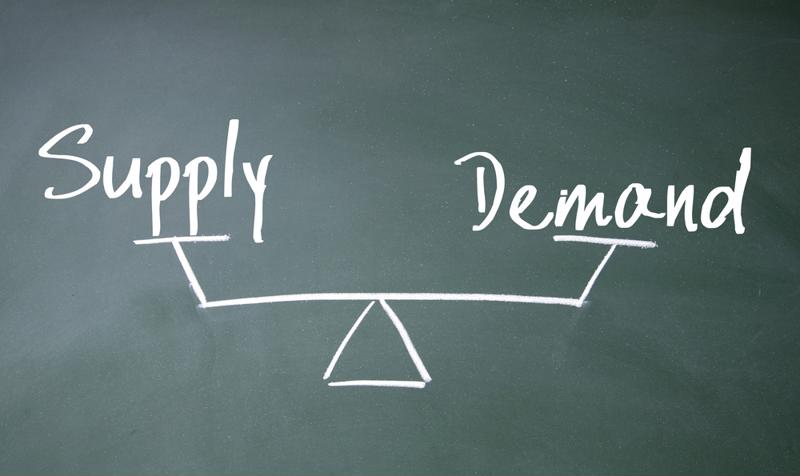
Predicting power: How machine learning is enhancing energy demand forecasting
By Perle SystemsMay 20, 2023
The demand for energy continues to grow as the world's population increases. And to ensure we meet these demands, utility and energy companies need reliable energy demand forecasting: an approach for predicting future energy requirements to establish a demand-supply balance.
ML — the application of algorithms and statistical models to evaluate data patterns, allowing computer systems to learn and adapt without relying on explicit instructions — has drastically altered the way energy companies plan for future operations. In fact, data from Statista shows that 59% of executives use machine learning (ML) to future-proof shifting demands and operational difficulties in organizations.
Let's take a look at the predictive power of ML in the energy and utilities sectors.
Traditional methods of energy demand forecasting
Energy demand forecasting has traditionally been undertaken from two perspectives: top-down and bottom-up. Top-down models (including econometric models, time series models and regression analysis) predict energy demand by first looking at macroeconomic variables such as GDP, population growth and weather patterns.
Meanwhile, bottom-up models (end-use forecasting models, building energy simulation models and industrial energy consumption models) begin by looking at individual end-users: households and businesses, then aggregate upwards to forecast energy demand.
While the methods did their good for years, they had limitations, which caused several downfalls. Some include:
- Inaccuracy: Traditional methodologies frequently relied on assumptions and prior trends that were not always true.
- Limited data: Traditional methodologies were sometimes unable to account for changes in technology, weather patterns, etc.
- Lack of adaptability: Traditional approaches couldn't respond rapidly to changing circumstances.
- Complex: Some traditional procedures were complicated and time-consuming to adopt.

Machine Learning in Energy Demand Forecasting
ML streamlines processes and increases productivity and efficiency. In the case of energy demand forecasting, ML has changed the process and proven more beneficial than traditional methods alone. Here are some of the positive outcomes of ML in energy demand forecasting:
- Accuracy: During a software field testing by Plex DemandCaster, there was a 10% increase in accuracy with ML than with traditional energy demand forecasting models. Additionally, as the program gathered more data, another 10% improvement was noticed. Along with being one of the best and most important benefits, accuracy proves that ML is certainly changing the game of energy demand forecasting.
- Optimized inventory management: By working with larger data, machine learning improves inventory and lowers stockouts. This is done by forecasting and understanding how stock needs change based on many factors that traditional planning cannot do.
- Reduced holding costs: With better inventory management, companies no longer have to bear the cost of storing unsold inventory.
- Better just-in-time (JIT) inventory levels: With ML, companies can cut holding costs, maximize warehouse space and reduce the danger of overstocking or stock outs. Unlike traditional models, this tool allows you to better understand and predict how stock needs to change.
- Increased profit: ML and all of the above-mentioned benefits lead to increased profit. When energy demand is high, so is the revenue for each energy-based and utilities business.
Predict better with Perle
Perle Systems is dedicated to offering cutting-edge technological solutions to a range of industries, including energy and utility. Contact us to learn how we can help your organization operate more efficiently and sustainably.



